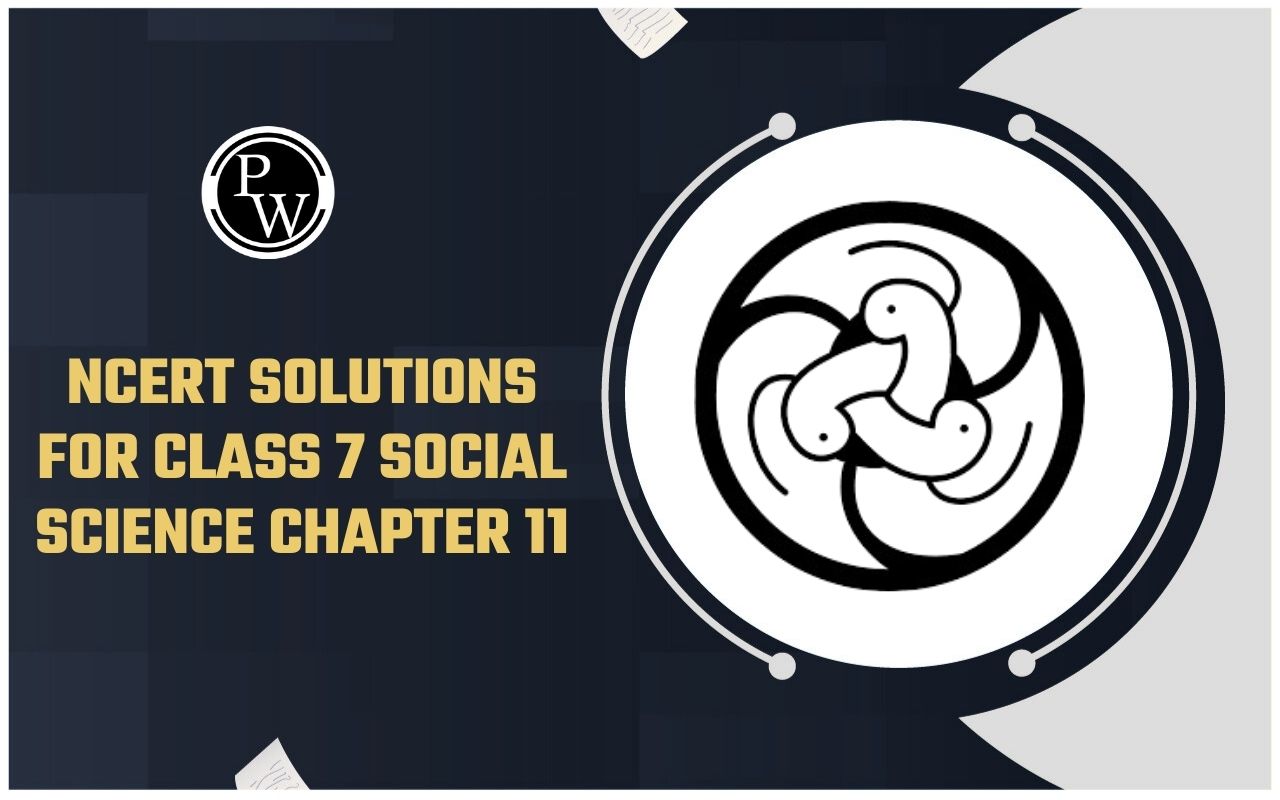
Genetically Modified Organisms Ethical Issues: Living things with genetic material edited in a way that does not occur usually are referred to as genetically modified organisms or GMOs for short. This process is known as genetic engineering and involves the introduction of specific traits or characteristics into an organism's genetic code.
GMOs can be created from bacteria, viruses, plants, animals, and even humans. The purpose of modifying the genetic material of an organism is to introduce a desirable trait or characteristic, such as increased resistance to pests or diseases. Despite the widespread use of GMOs in agriculture, their use remains controversial due to concerns over their potential impact on human health and the environment. This article will explore the various ethical issues surrounding GMOs, including safety concerns, intellectual property rights, access to food, and the impact on traditional agriculture. It will also examine the opposing views of supporters and critics of GMOs and consider the future of this technology and its impact on society. With the widespread use of GMOs in agriculture, it is essential to consider the potential benefits and risks of this technology and to ensure that any decisions made about its use are based on a clear understanding of the facts.A Brief History of GMOs
When scientists first began to study the idea of manipulating the genetic code of live beings to generate specific qualities, this is when the concept of genetically modified organisms (GMOs) was first conceived. Genetically modified organisms, or GMOs, have undergone such modifications. The first successful generation of genetically modified organisms, starting with bacteria and later expanding to plants and animals, occurred in the 1980s. The creation of insulin for medicinal use, made using genetically modified bacteria, is considered the first GMO product to be used commercially. This was followed by introducing genetically engineered crops, such as soybeans and cotton, to resist pesticides and herbicides. These crops were created through the use of genetic engineering. Farmers rapidly noticed the benefits of improved yields and decreased costs associated with these crops, and they grew interested in growing them. Technology has continued to develop and advance throughout the decades since the creation of the first GMOs. Today, genetically modified crops are cultivated in enormous quantities worldwide and are utilised to produce various food items. These goods include anything from cereals and fruits to vegetable oils and sweeteners. In addition, genetically modified organisms are utilised to manufacture various other goods, including medications, animal feed, and biofuels. Even though genetically modified organisms (GMOs) are used extensively, the technology continues to be contentious. Many individuals continue to raise concerns regarding GMOs' influence on the environment and their potential for harm. There has been a boost in the desire for additional research and regulation to guarantee that GMOs are used responsibly and environmentally friendly. This has created new rules and guidelines for using genetically modified organisms (GMOs) and increased public engagement and education about the technology.Ethical Issues Surrounding GMOs
Safety concerns: One of the main ethical issues surrounding GMOs is safety concerns. This includes concerns about the potential impact of GMOs on human health and the environment. Health risks: Some concerns consuming genetically modified foods may pose a risk to human health. For example, some genetically modified crops have been engineered to produce insecticides, which may lead to the accumulation of harmful substances in our food. Additionally, there is the possibility that consuming genetically modified foods may trigger an allergic reaction in some individuals. However, proponents of GMOs argue that genetic modification can lead to safer and healthier food and improved nutrition. Environmental impacts: Another safety concern is the potential impact of GMOs on the environment. For example, using genetically modified crops may lead to developing super-weeds resistant to herbicides, which can hurt ecosystems. Additionally, spreading genetically modified organisms into the wild may introduce new traits into native populations, with unknown consequences. Intellectual property rights: Another moral dilemma that arises from genetically modified organisms is the problem of intellectual property rights. This refers to the rights that individuals and businesses have to possess and regulate the genetic information of organisms. The research and usage of GMOs have led to the creation of patented genetically modified seed varieties. The ability of farmers to obtain access to these seeds may become more difficult due to this, which may lead to the control of the food supply becoming concentrated in the hands of a smaller number of enterprises. Access to food: Another ethical issue surrounding GMOs is the question of access to food. Food security is a significant issue of concern in numerous regions worldwide. Using genetically modified crops can increase crop yields and provide more food for a growing global population. However, a few corporations' ownership and control of genetically modified seed varieties may limit access to food for poor and marginalised communities and contribute to more significant inequalities in the distribution of resources. Impact on traditional agriculture: Finally, another ethical issue surrounding GMOs is their impact on traditional agriculture. Using4 genetically modified crops can potentially displace traditional agriculture practices, losing local knowledge and cultural heritage. Additionally, using genetically modified crops may lead to the introduction of monocultures, which can harm biodiversity and negatively impact ecosystems.Opposing Views
The employment of genetically modified organisms, sometimes known as GMOs, has sparked much debate and discussion, with proponents and opponents of the practice holding vehement views. In the subsequent paragraphs, we will discuss some contrasting opinions regarding genetically modified organisms (GMOs).Supporters of GMOs
Increased crop yield The possibility that GMOs would lead to higher crop yields is one of the primary justifications for their use. Genetic modification can make crops more resistant to pests, diseases, and environmental stressors, leading to higher yields and improved food security. Additionally, GMOs can be engineered to produce crops with improved nutritional content, positively impacting public health.Genetic Code Codons Amino Acids
Pest resistance Another argument supporting GMOs is the potential for pest resistance. By engineering crops to produce their insecticides, farmers can reduce their reliance on harmful chemicals and improve the sustainability of their farming practices. This can have a positive impact on the environment and human health.Critics of GMOs
Threat to biodiversity One of the main criticisms of GMOs is the threat they pose to biodiversity. Using genetically modified crops can lead to displacing traditional agriculture practices and introducing monocultures, harming biodiversity and negatively impacting ecosystems. Additionally, spreading genetically modified organisms into the wild may introduce new traits into native populations, with unknown consequences. Potential harm to human health Another criticism of GMOs is the potential for harm to human health. Some are concerned consuming genetically modified foods may pose a risk to human health and that GMOs may trigger an allergic reaction in some individuals. Critics argue that more research is needed to fully understand GMOs’ potential risks and benefits and that caution should be exercised when introducing this technology into the food supply.Genetically Modified Organisms Ethical Issues <span style=
What are genetically modified organisms (GMOs)?
Living things with their genetic material edited in a way that does not happen in nature are called genetically modified organisms or GMOs. This is usually done to introduce desirable traits or characteristics, such as increased resistance to pests or diseases.
Why are GMOs controversial?
Concerns over intellectual property rights, food security, and the possible risks to human health and the environment make GMOs a divisive topic. Critics of GMOs argue that they may harm biodiversity and lead to losing traditional agriculture practices.
What are the benefits of GMOs?
GMOs are widely touted for their ability to increase crop yield and provide crops more resistant to pests and diseases. This can lead to a more efficient and cost-effective food production system.
What are the potential risks of GMOs?
The potential risks of GMOs include health risks from consuming foods containing genetically modified ingredients and potential environmental harm. Some critics argue that GMOs may also lead to biodiversity loss and negatively impact traditional agriculture practices.
Talk to a counsellorHave doubts? Our support team will be happy to assist you!

Free Learning Resources
PW Books
Notes (Class 10-12)
PW Study Materials
Notes (Class 6-9)
Ncert Solutions
Govt Exams
Class 6th to 12th Online Courses
Govt Job Exams Courses
UPSC Coaching
Defence Exam Coaching
Gate Exam Coaching
Other Exams
Know about Physics Wallah
Physics Wallah is an Indian edtech platform that provides accessible & comprehensive learning experiences to students from Class 6th to postgraduate level. We also provide extensive NCERT solutions, sample paper, NEET, JEE Mains, BITSAT previous year papers & more such resources to students. Physics Wallah also caters to over 3.5 million registered students and over 78 lakh+ Youtube subscribers with 4.8 rating on its app.
We Stand Out because
We provide students with intensive courses with India’s qualified & experienced faculties & mentors. PW strives to make the learning experience comprehensive and accessible for students of all sections of society. We believe in empowering every single student who couldn't dream of a good career in engineering and medical field earlier.
Our Key Focus Areas
Physics Wallah's main focus is to make the learning experience as economical as possible for all students. With our affordable courses like Lakshya, Udaan and Arjuna and many others, we have been able to provide a platform for lakhs of aspirants. From providing Chemistry, Maths, Physics formula to giving e-books of eminent authors like RD Sharma, RS Aggarwal and Lakhmir Singh, PW focuses on every single student's need for preparation.
What Makes Us Different
Physics Wallah strives to develop a comprehensive pedagogical structure for students, where they get a state-of-the-art learning experience with study material and resources. Apart from catering students preparing for JEE Mains and NEET, PW also provides study material for each state board like Uttar Pradesh, Bihar, and others
Copyright © 2026 Physicswallah Limited All rights reserved.









